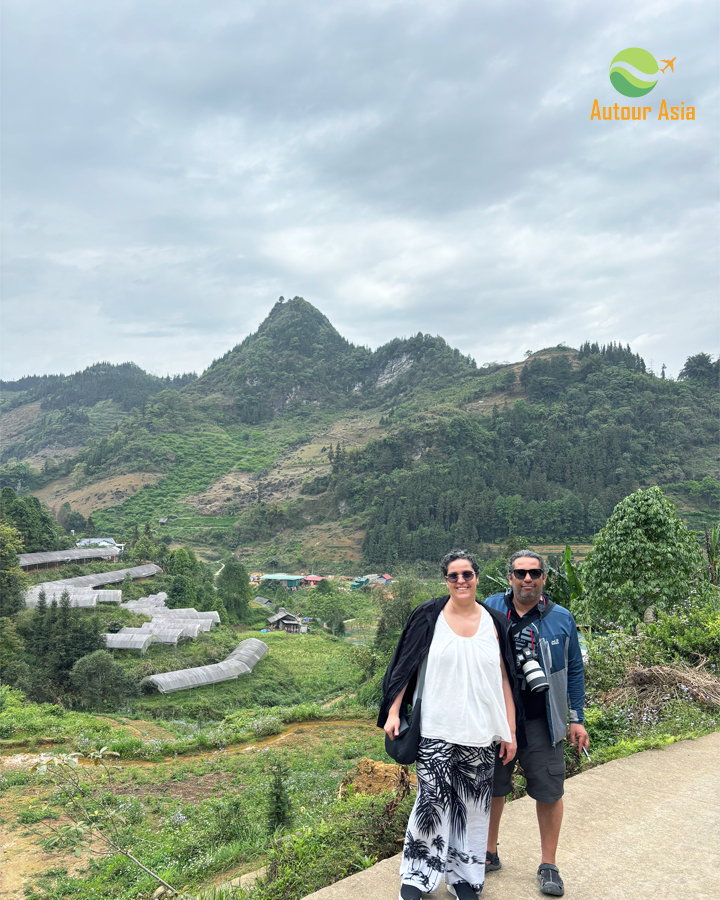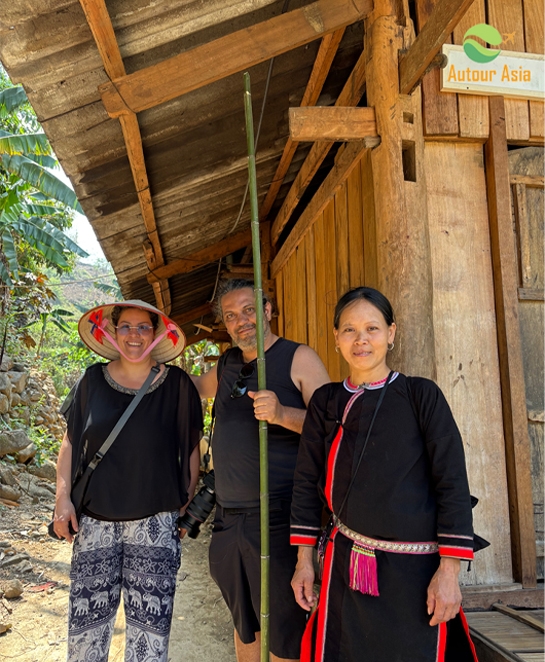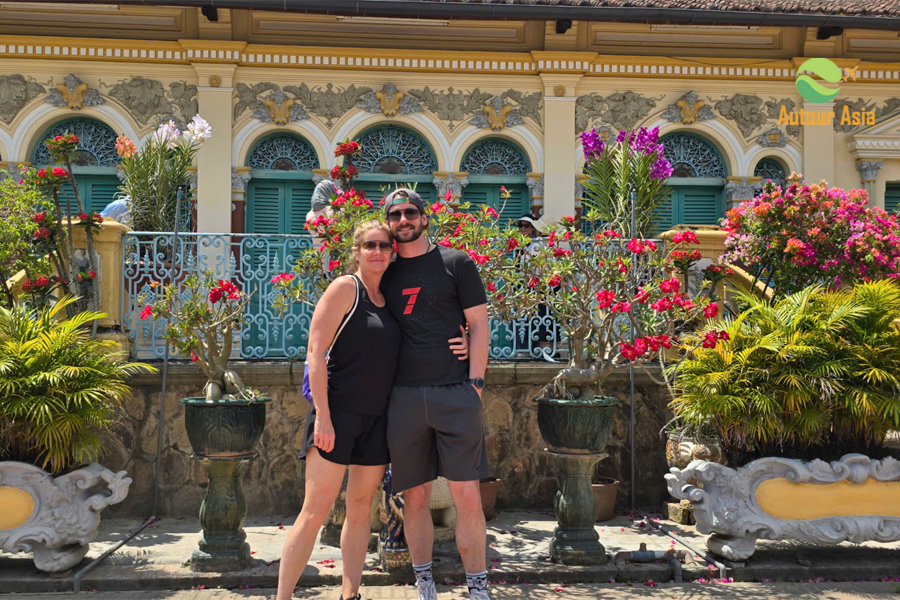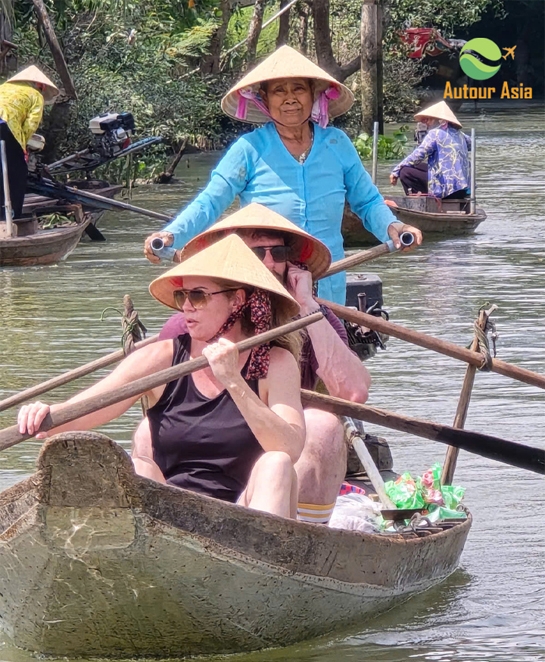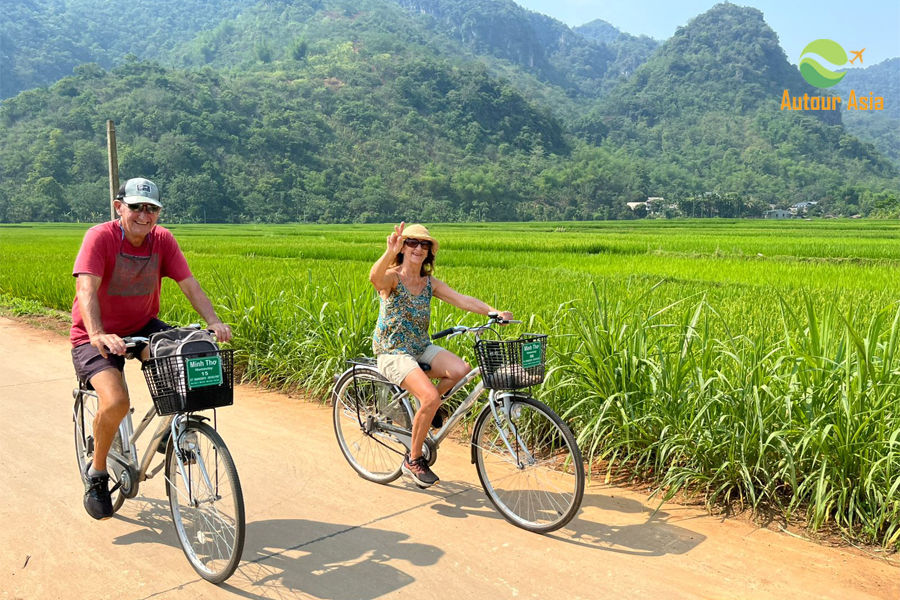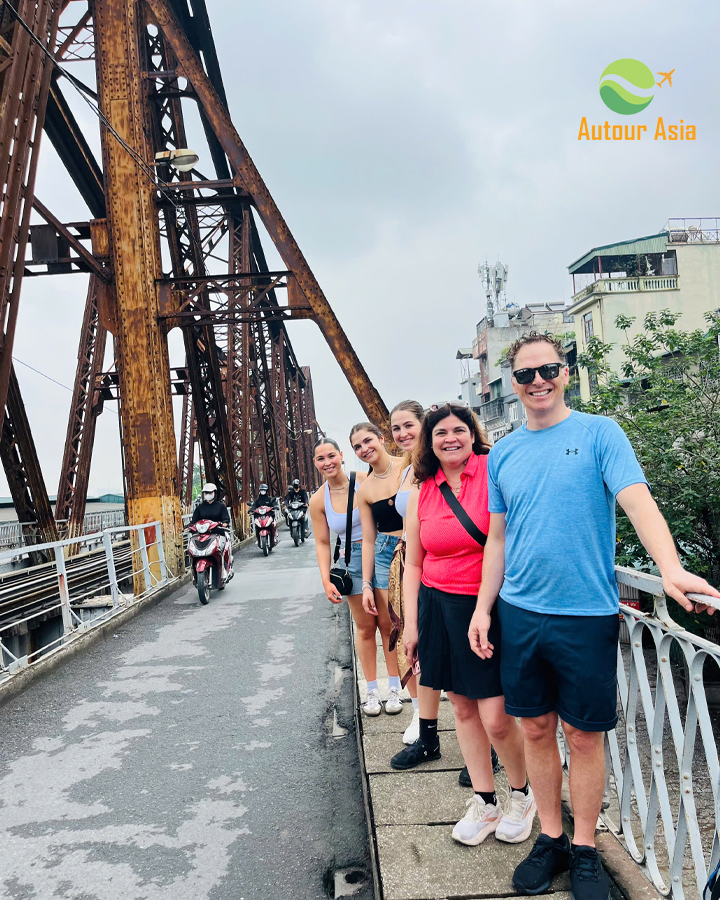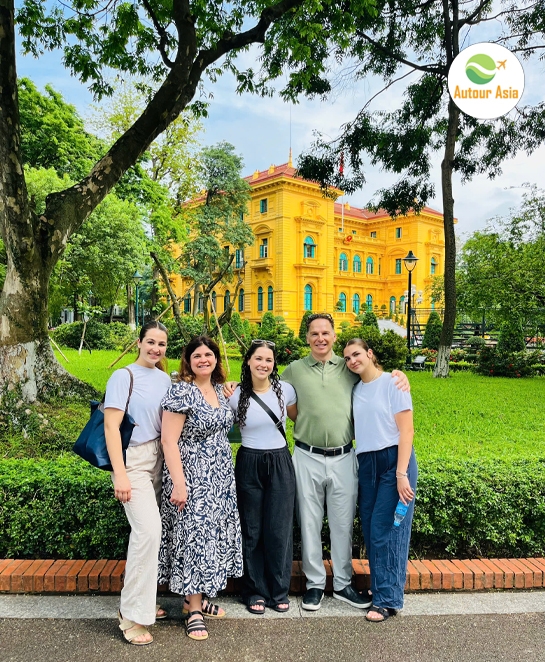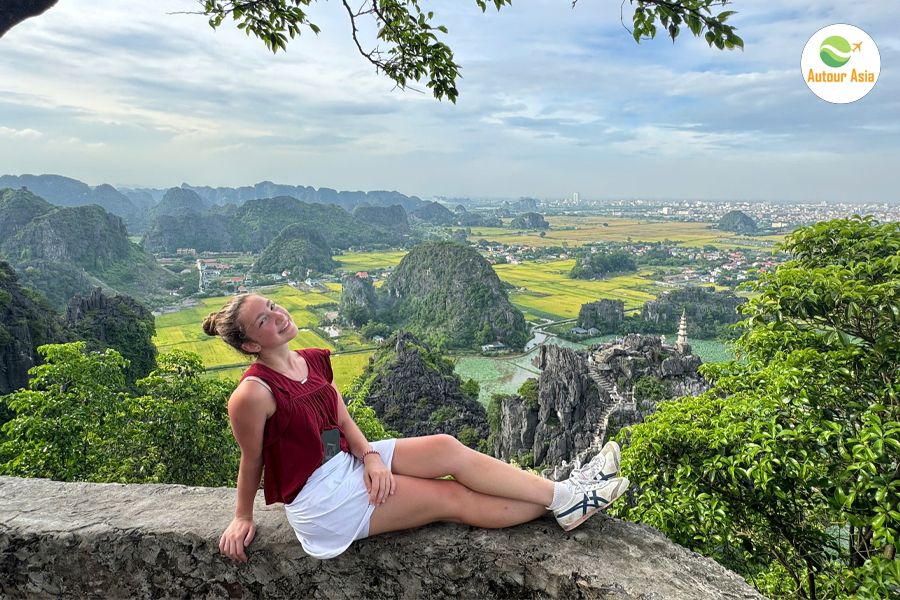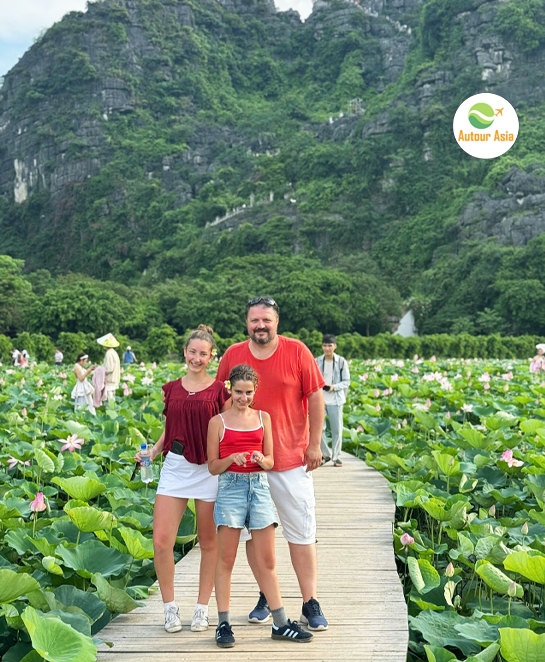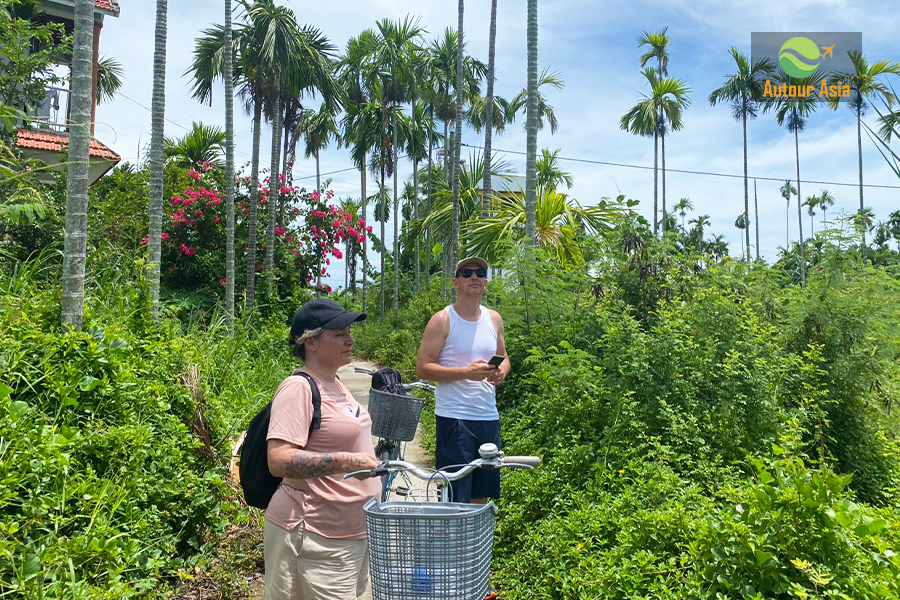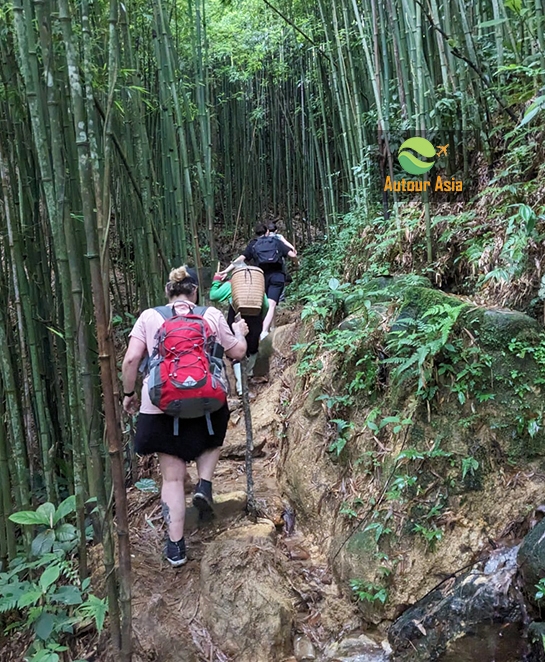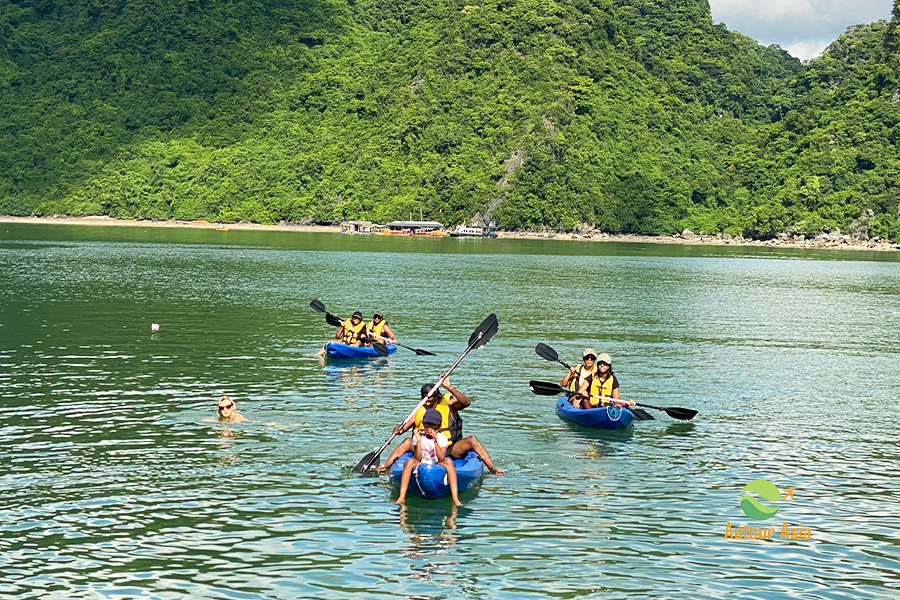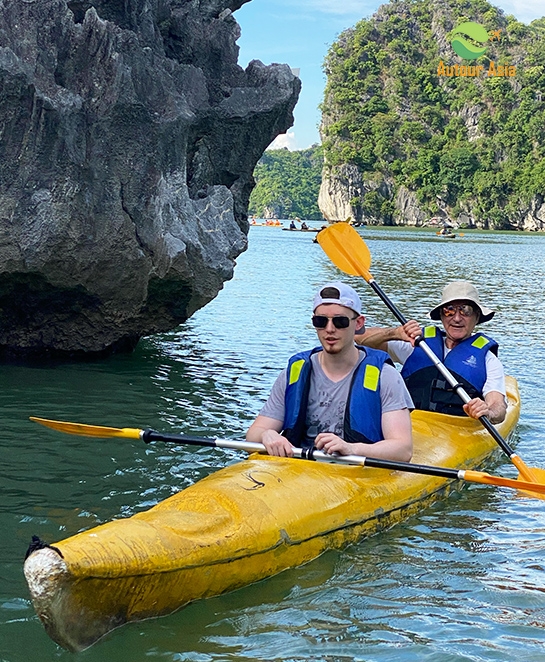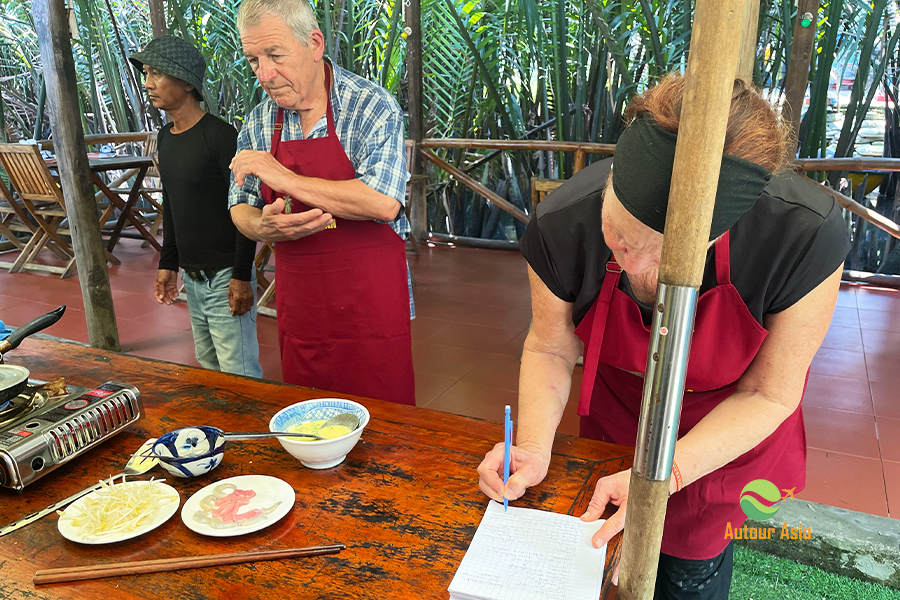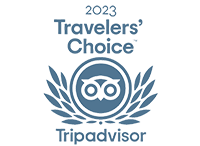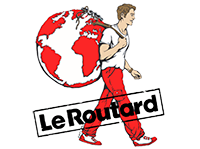Vietnam and Cambodia Tours: Things you should know
With a contiguous border spanning 1200km, Vietnam and Cambodia present a seamless avenue for exploration.
While sharing cultural and traditional similarities, each country boasts its unique characteristics. From culinary diversity to numerous UNESCO-recognized natural heritage sites, there's much to behold.
Vietnam and Cambodia Tour packages intertwining these two nations have become exceedingly appealing to tourists.
While sharing cultural and traditional similarities, each country boasts its unique characteristics. From culinary diversity to numerous UNESCO-recognized natural heritage sites, there's much to behold.
Vietnam and Cambodia Tour packages intertwining these two nations have become exceedingly appealing to tourists.
VIETNAM
Vietnam, located in Southeast Asia, borders China, Laos, Cambodia, and the East Sea. Its capital is Hanoi, with the largest city being Ho Chi Minh City. The country boasts a rich history, diverse culture, and stunning landscapes. With 32 UNESCO World Heritage sites, Vietnam showcases architectural marvels, ancient treasures, and revered landmarks. Its warm and welcoming people share traditions and customs, while its cuisine is celebrated across Asia. From vibrant cities to natural wonders like Halong Bay and Sapa, Vietnam offers a diverse array of attractions for travelers to explore.
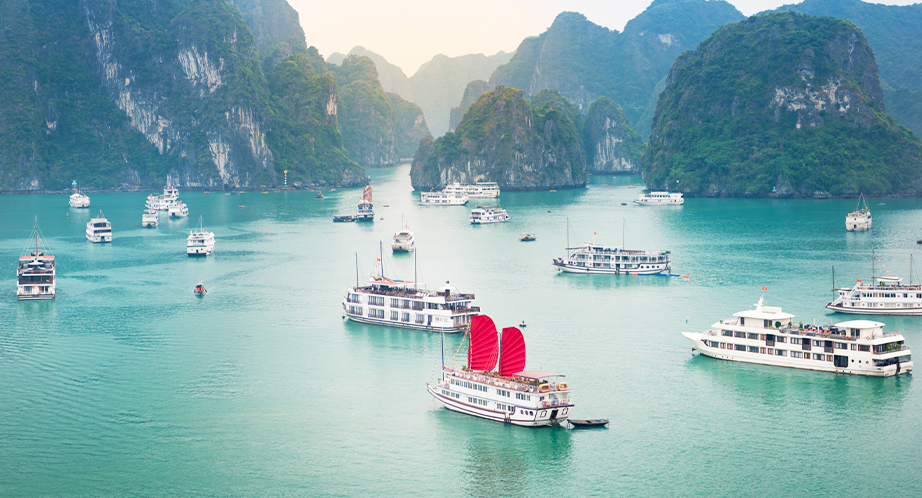
Travelers can immerse themselves in destinations like Hanoi, Halong Bay, Cat Ba Island, Ninh Binh - Tam Coc and Hoa Lu, Pu Luong, Mai Chau, Sapa, Ha Giang, Ban Gioc Waterfall, Ba Be Lake, Dien Bien Phu, Hue, Hoi An, Saigon (Ho Chi Minh City), the Mekong Delta, Phu Quoc Island, Con Dao Island, and more.
CAMBODIA
Cambodia, in Southeast Asia, borders Thailand, Laos, and Vietnam. Its capital is Phnom Penh. Known for Angkor Wat, a UNESCO site, it boasts ancient temples and diverse landscapes. Khmer is the official language, Buddhism the main religion. Despite past challenges like the Khmer Rouge regime, Cambodia thrives today, especially in tourism, drawing visitors with its history, nature, and culture.
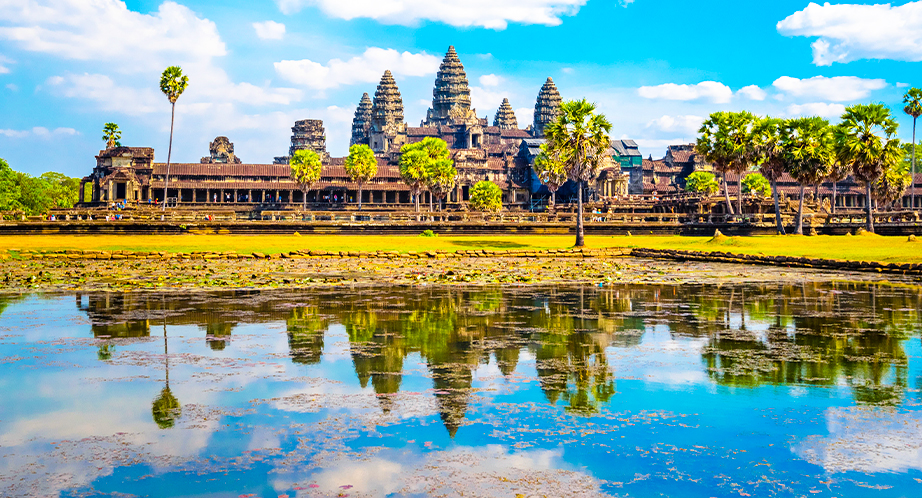
Here is a summary of some of the points of interest in Cambodia: Siem Reap - Angkor Temples (Angkor Wat, Amgkor Thom) – Banteay Srei - Rolous Group Temples - Tonle Sap Lake - Phnom Penh - Kampong Cham - Kampong Thom – Kratie - Stung Treng – Battambang - Kirirom National Park - Koh Rong Island - Sihanouk Ville.
Learn More About Tours to Vietnam and Cambodia
Vietnam and Cambodia, two jewels of Southeast Asia, offer a rich array of cultural and natural experiences. Whether you are a history buff, a lover of breathtaking landscapes, or a foodie, these two countries will captivate you. Here is a comprehensive guide to the best activities to do, the ideal seasons to travel, typical cuisine, as well as traditions and transportation in these two fascinating nations on the Vietnam Cambodia Trip:
Best Things to Do in Vietnam & Cambodia Tour
Vietnam:
Ha Long Bay: Take a cruise in this natural wonder listed as a UNESCO World Heritage site. Enjoy a night on board a junk boat to admire the karst landscapes.
Hanoi: Explore the capital with its old quarters, Hoan Kiem Lake, and museums rich in history.
Hue: Discover the former imperial capital with its citadels and royal tombs.
Hoi An: Stroll through this UNESCO-listed town, famous for its colorful lanterns and well-preserved architecture.
Sa Pa: Go hiking in the northern mountains and visit local ethnic villages.
Mekong Delta: Experience a peaceful cruise and explore the floating markets.
Hanoi: Explore the capital with its old quarters, Hoan Kiem Lake, and museums rich in history.
Hue: Discover the former imperial capital with its citadels and royal tombs.
Hoi An: Stroll through this UNESCO-listed town, famous for its colorful lanterns and well-preserved architecture.
Sa Pa: Go hiking in the northern mountains and visit local ethnic villages.
Mekong Delta: Experience a peaceful cruise and explore the floating markets.
Cambodia:
Angkor Temples: Don’t miss Angkor Wat, the most iconic temple, along with other archaeological wonders in the vicinity.
Phnom Penh: Visit the Tuol Sleng Genocide Museum and the Royal Palace to understand the poignant history of the country.
Tonle Sap Lake: Explore this lake and its floating villages to discover local life.
Battambang: Enjoy a ride on a bamboo train and explore the surrounding rice fields.
Southern Beaches: Relax on the beaches of Sihanoukville or explore the nearby islands for some downtime.
Phnom Penh: Visit the Tuol Sleng Genocide Museum and the Royal Palace to understand the poignant history of the country.
Tonle Sap Lake: Explore this lake and its floating villages to discover local life.
Battambang: Enjoy a ride on a bamboo train and explore the surrounding rice fields.
Southern Beaches: Relax on the beaches of Sihanoukville or explore the nearby islands for some downtime.
Best Season to Travel to Vietnam and Cambodia
Vietnam: The best time to visit Vietnam is between September and April when the weather is drier and temperatures are pleasant. Avoid the months of July and August, which are typically rainy in some regions.
Cambodia: The dry season from November to February is ideal for exploring Cambodia, with pleasant temperatures and less humidity. March and April can be hot, while May to October corresponds to the rainy season.
Typical Cuisine
Vietnam:
Phở: A rice noodle soup, often served with beef or chicken.
Bánh mì: A Vietnamese sandwich made with baguette, filled with meat, vegetables, and sauces.
Nem: Fried or fresh spring rolls, often filled with shrimp, pork, or vegetables.
Cambodia:
Bánh mì: A Vietnamese sandwich made with baguette, filled with meat, vegetables, and sauces.
Nem: Fried or fresh spring rolls, often filled with shrimp, pork, or vegetables.
Cambodia:
Amok: A dish made with fish cooked in coconut milk and spices, served in a banana leaf.
Bai sach chrouk: Rice with marinated pork, often accompanied by fresh vegetables.
Lok lak: Stir-fried beef pieces served with rice and a lime-based sauce.
Bai sach chrouk: Rice with marinated pork, often accompanied by fresh vegetables.
Lok lak: Stir-fried beef pieces served with rice and a lime-based sauce.
Traditions and Culture
Vietnam and Cambodia are rich in traditions and cultures. Vietnam is known for its colorful festivals, such as Tết (Lunar New Year) and the Mid-Autumn Festival. Cambodia, on the other hand, celebrates Pchum Ben, a Buddhist festival dedicated to ancestors.
Both countries share a significant Buddhist influence, visible in their temples and daily rituals. Customs of respect, family, and hospitality are also very prominent in these cultures.
Transportation and Circulation
Vietnam: Transportation options include motorcycles, taxis, buses, and trains. Hanoi and Ho Chi Minh City have public transport systems, but traffic can be chaotic. Train journeys between major cities are scenic and enjoyable.
Cambodia: Tuk-tuks are a popular means of transport for exploring cities. Buses are available for travel between major towns, and it is also possible to rent motorcycles for more personal exploration.
Conclusion
An itinerary in Vietnam and Cambodia Tours will allow you to explore breathtaking landscapes, discover fascinating cultures, and savor delicious cuisine. Get ready to experience an unforgettable journey in these two countries rich in history and natural beauty.
An itinerary in Vietnam and Cambodia Tours will allow you to explore breathtaking landscapes, discover fascinating cultures, and savor delicious cuisine. Get ready to experience an unforgettable journey in these two countries rich in history and natural beauty.
Discover all trips bellow with ease:
ALL COMBINED COUNTRIES TOURS
Others Combination Tours
Vietnam and Laos Tours
Indochina Tours
Vietnam Thailand Tours
Others Combination Tours
Vietnam and Laos Tours
Indochina Tours
Vietnam Thailand Tours
Request a Free Quote of Vietnam and Cambodia Tours with Autour Asia™ - Satisfaction guaranteed or your money back! Check out All Travel Guide!
Real Customer Experiences
Autour Asia is highly recommended on
Embracing the mission of "Satisfied more than expected" and providing authentic experiences, we have received numerous recommendations on reputable travel forums:


